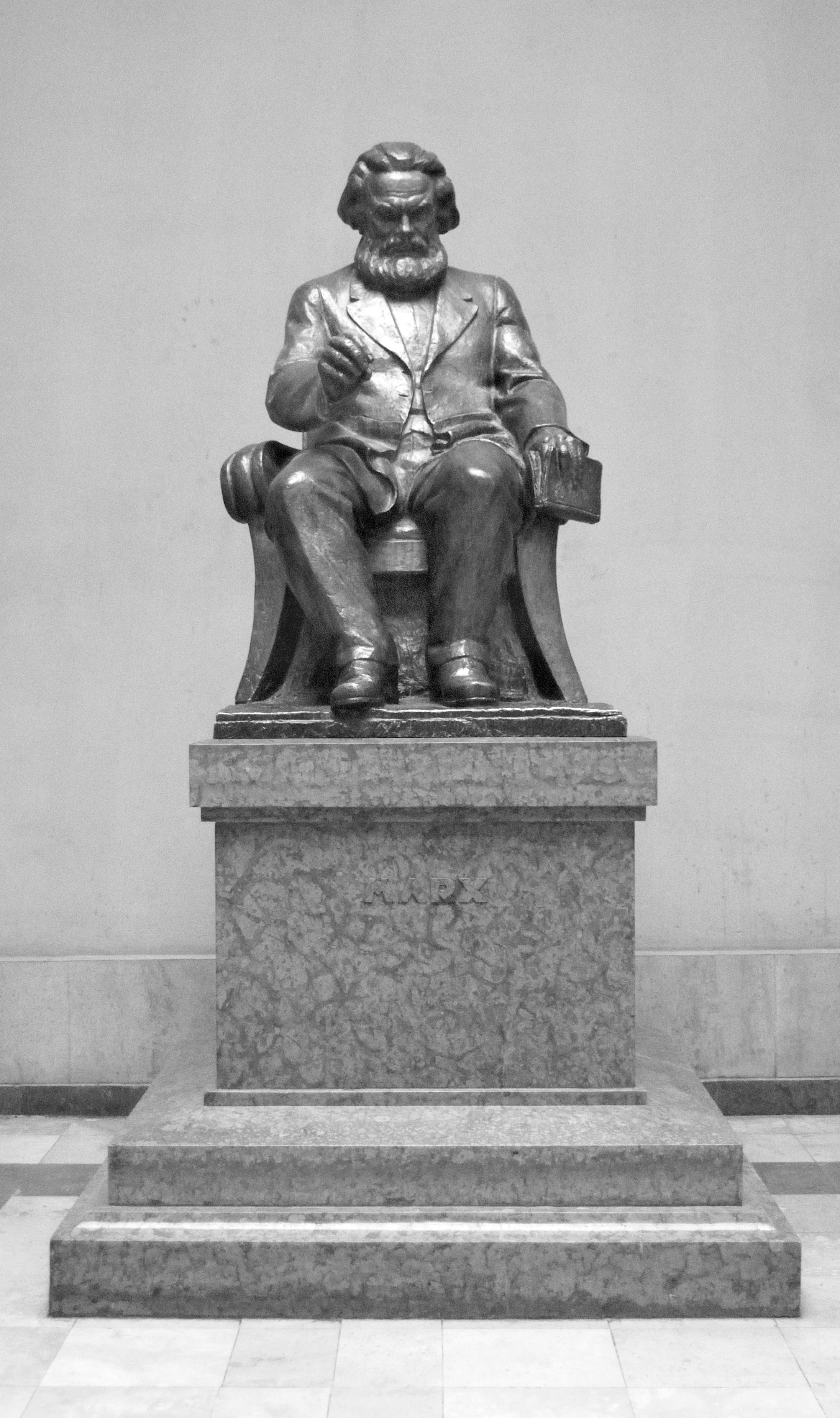There is a central Hungarian political paradox: it is the conservative governing party (FIDESZ) which has made successful use of the rhetoric of anti-establishment social movements in other countries, and which disposes of the means to do so.

Peace March for Hungary, January 2012. ”We support this government. Our message to Europe: We will not be a colony !” Wikimedia/Derzi Elekses Andor. Some rights reserved.
One of the enigmas of present state of Hungarian democracy is the very limited public protest against different government decisions which, according to the report authored by the Green Party MEP Rui Tavares on behalf of the European Parliament Committee on Civil Liberties, Justice and Home Affairs, are reconfiguring the institutions and infrastructure of democracy built after 1989.
This article is looking at the different recent Hungarian protest movements to claim that this enigma can be solved only if international research on democracy accepts that it is very difficult to identify the reasons of non-protest using the consensual analytical frame and terminology of research on social movements to describe the dynamics of trends in this “Laboratory” as Prime Minister Orbán referred to his electorate in London. However this attempt should be made, as the trends in Hungary might well be used by other European countries interested in successful crisis management techniques.
Specific conditions in Hungary
Since 2010, Hungary’s Christian-conservative coalition government, which has a two-thirds parliamentary majority, has successfully constructed its own state-funded (pseudo) NGO sector by means of a policy of centralization that aims, according to the government, to promote good government and efficiency.
The NGO sector established in this manner – including the Békemenet (Peace March) and associated organizations – is not based on liberal values and human rights. The Hungarian NGO sector, which had previously acted as a watchdog and voice for human rights values in accordance with the principles of liberal democracy, has been fundamentally transformed and it now struggles to respond effectively to the government’s most fundamental structural positionings, which have a broad support throughout Hungarian society.
Under such circumstances, it has become especially difficult to represent norms that contrast positively with those represented by the government and the political parties, to generate the necessary social cooperation, and then to put forward alternative policy options.
The consolidation of the Orbán government, one of whose aims has been to create a National Cooperation System, has profoundly affected social (NGO) activism in the country and has reinforced negative structural trends that experts had previously failed to spot.
The government, consciously instrumentalising the norms of democracy for its own purposes and reconfiguring the social contract for the benefit of its own voter groups, ran up against an initial wave of protests against government policies in 2010 and 2011. However, these civil society protests peaked in 2012 and 2013, since when activism has narrowed to the efforts of a small group of people who have sought to formulate the consequences and dangers of efforts by the government to undermine constitutional norms, and who have been able to draw onto the streets those social groups that are sensitive to such dangers.
The new electoral system and the centralization and politicization of the distribution of state funds have forced the actors who organized the initial street protests to approach opposition parties, as actors with a monopoly on political representation and resources. This development, however, is based on the acceptance of two premises: that the new electoral system is legitimate and that the imperative aim is to maximize the number of votes (for the opposition parties at the next election).
The groups in question, motivated by their wish to avoid the systemic disaster that would result from their rejection of these two premises, have jeopardized their own credibility, given that they previously employed an anti-establishment rhetoric and argued in favor of a new beginning.
Furthermore, they have now entered a public space where the norms of political expression leave very little room for alternative identity formation. Signficantly, the women’s movements (those with a human rights orientation), which watched critically as the new protest movements adopted without criticism the political elite’s male-dominated attitudes and positions, continue to value their independence from the political parties (despite earlier failures) and to uphold their watchdog function, relying principally on the institutional and normative power of the European Union. But as significantly, in the meantime however, they have been rather unsuccessful in expanding their social support base and network.
more: Opendemocracy






 MMA countdown – Free Artists welcomes the resigned MMA-members!
MMA countdown – Free Artists welcomes the resigned MMA-members! TRANSZPARENCIÁT!
TRANSZPARENCIÁT!